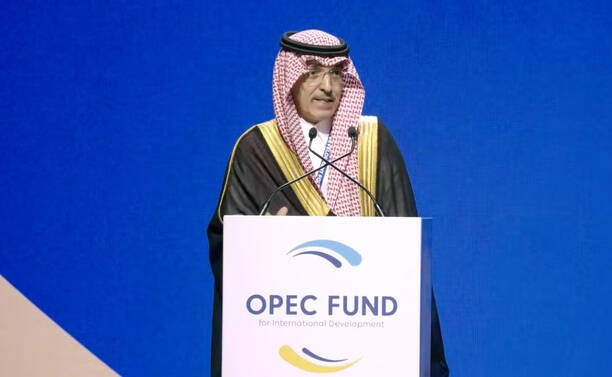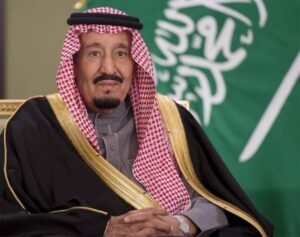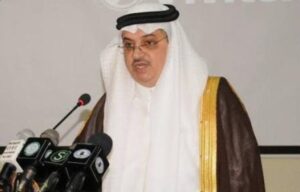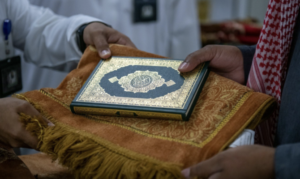Saudi Finance Minister Calls for Concessional Financing to Tackle Energy Insecurity at OPEC Fund Forum

Vienna, The Gulf Observer: Saudi Arabia’s Minister of Finance, Mohammed Al-Jadaan, has called on multilateral development banks to provide increased concessional financing in order to address the urgent needs of regions affected by energy insecurity. His remarks came during the inaugural session of the Fourth Development Forum of the OPEC Fund for International Development, held on Tuesday in Vienna.
Highlighting the Kingdom’s commitment to global energy stability and sustainability, Al-Jadaan stated, “Saudi Arabia is working with all partners to enhance energy security, eradicate energy poverty, and continue efforts to combat climate change.”
Al-Jadaan commended the “My Mission 300” initiative — a joint program by the World Bank and the African Development Bank — which aims to deliver energy access to 300 million people in Africa by 2030. He also acknowledged the key roles played by the Islamic Development Bank and the OPEC Fund for International Development in supporting this mission.
He further praised the “Forward 7 Clean Fuel Solutions for Food” initiative, launched under Saudi Arabia’s Green Middle East initiatives. The project is designed to provide clean fuel solutions to millions globally, with the cooperation of key international partners including the OPEC Fund, the Islamic Development Bank, the World Bank, and the International Islamic Trade Finance Corporation.
Addressing the need to reduce investment risk in the energy sector, Al-Jadaan emphasized the importance of instruments such as partial risk guarantees, political risk insurance, and blended financing structures to encourage greater private sector participation, particularly in low-income and high-risk countries.
He also stressed the necessity of boosting investments in emerging energy technologies, including carbon capture, utilization, and storage (CCUS), and advancing the sustainable use of hydrocarbons such as natural gas. These efforts, he noted, are crucial for managing carbon emissions and ensuring energy security during the global transition to net-zero emissions.
Al-Jadaan warned that the consequences of energy poverty are global in nature, leading to economic instability, increased migration, and greater humanitarian challenges. He reiterated Saudi Arabia’s goal of generating 50% of its electricity from renewable sources by 2030 and achieving net-zero emissions by 2060, as part of the circular carbon economy model.
The Development Forum, held under the theme “A Transition that Empowers Our Tomorrow,” is focused on inclusive growth, climate resilience, and the role of South-South cooperation in promoting equitable and sustainable development. The event was inaugurated by OPEC Fund President Abdulhamid Alkhalifa, President Mohamed Ould Ghazouani of Mauritania, and Minister Al-Jadaan, and is attended by senior officials from Africa, Asia, the Middle East, Latin America, and the Caribbean, as well as leaders of multilateral institutions.


